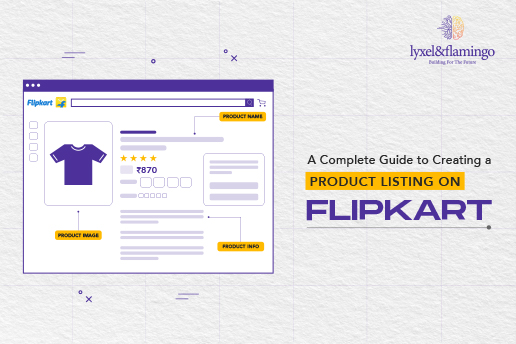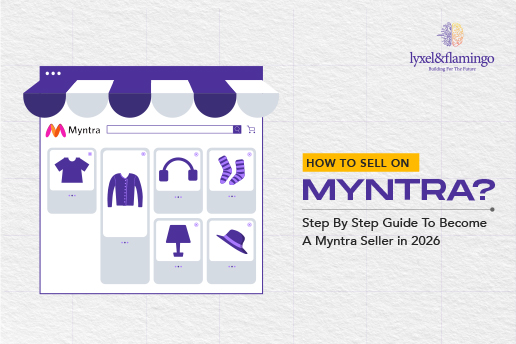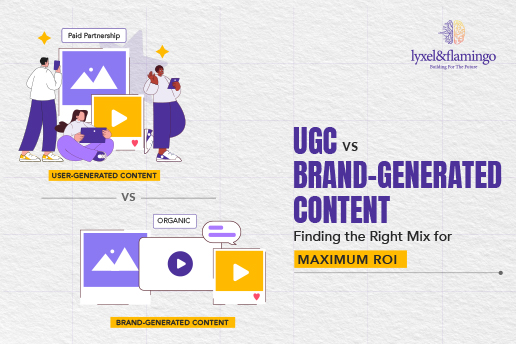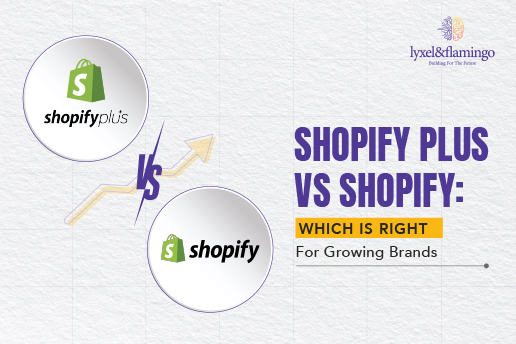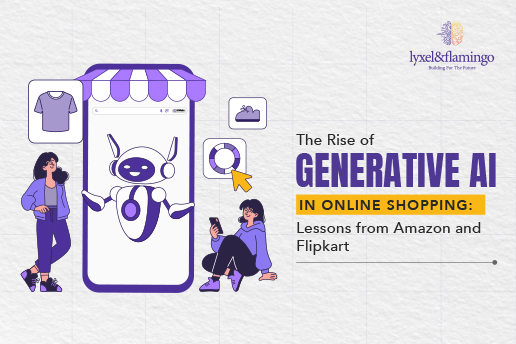Myntra has established itself as one of India’s leading fashion e-commerce platforms, offering a wide range of apparel, lifestyle, and beauty categories. Over the past few years, the platform has also gained attention for embedding sustainability into its business operations and partner ecosystem.
As part of the Flipkart Group, Myntra has taken several steps to reduce environmental impact across packaging, sourcing, logistics, and partner enablement. These initiatives are not limited to internal operations alone. They are designed to support every Myntra partner operating within the ecosystem, from brands and sellers to logistics and manufacturing units.
In 2026, sustainability is no longer a side initiative for fashion marketplaces. It is becoming a core operational requirement driven by consumer expectations, regulatory pressure, and long-term cost efficiency. Myntra’s approach reflects this shift, combining technology, supply chain reform, and partner collaboration to build a more resilient ecosystem for Myntra fashion products.
Myntra’s Sustainability-Focused Supply Chain Management
One of the most visible areas of Myntra’s sustainability effort is Myntra supply chain management. The platform has been actively reducing plastic usage, improving material sourcing, and transitioning toward circular economy models.
This includes sustainable packaging, carbon-conscious logistics planning, and encouraging the use of low-impact materials such as recycled rayon, waterless dyeing techniques, and biodegradable labels. Myntra has also expanded its sustainable fashion catalogue, offering thousands of eco-conscious styles across multiple categories.
These changes directly impact partner enterprises by lowering long-term operational risk and aligning production with evolving compliance standards.
Prioritising Indian Textiles and Artisan Communities
Myntra’s sustainability strategy also focuses on preserving traditional Indian textile ecosystems. By partnering with brands that work closely with local artisans, handloom clusters, and craft-focused NGOs, the platform supports ethical sourcing and livelihood continuity.
During periods of disruption, such as the pandemic, Myntra introduced flexible engagement models for artisan-linked partners rather than rigid volume commitments. This approach helped stabilise incomes while continuing to promote indigenous fabrics and craftsmanship.
For brands operating within the partner portal Myntra ecosystem, this has enabled long-term value creation rooted in responsible sourcing.
Myntra Fashion Upgrade and Circular Fashion Initiatives
The Myntra Fashion Upgrade program is a key pillar of the platform’s circular economy approach. Through this initiative, customers can exchange old garments and receive discounts on new purchases.
This program reduces textile waste sent to landfills and encourages mindful consumption. It also creates opportunities for reuse, recycling, and resale, supporting broader sustainability goals across the fashion lifecycle.
By linking consumer participation with sustainability outcomes, Myntra strengthens demand for responsibly produced Myntra fashion products.
Sustainable Packaging and Reduced Plastic Usage
Myntra has replaced traditional plastic packaging materials with eco-friendly alternatives such as recycled paper shreds, kraft paper tapes, and paper-based invoice sleeves. RFID-enabled reusable polyester bags are now used for reverse logistics.
These measures reduce plastic dependency while educating customers on responsible disposal and recycling. For partners, this transition simplifies compliance with packaging regulations and improves brand perception.
Responsible Packaging Sourcing and Forest Conservation
To further strengthen its packaging strategy, Myntra has partnered with organisations that promote forest-friendly sourcing practices. Through initiatives focused on recycled and alternative materials, the platform aims to minimise dependence on virgin forest resources.
The long-term goal is to design reusable and refillable shipping solutions that reduce paper consumption without compromising logistics efficiency.
Technology-Led Sustainable Supply Management
Technology plays a central role in Myntra’s sustainability execution. Advanced digital systems support demand forecasting, inventory planning, and logistics optimisation, reducing waste and inefficiencies.
The partner portal Myntra acts as a unified interface for vendors and brands, offering real-time visibility into product performance, payments, dispatch timelines, and delivery status. This transparency reduces miscommunication and improves decision-making across the ecosystem.
Partners also receive performance scorecards highlighting key operational metrics, enabling continuous improvement.
Digital Product Showcasing and Reduced Returns
Myntra has invested heavily in digital product visualisation tools, including 3D fitting solutions and virtual quality checks. These tools allow partners to present collections digitally to Myntra’s design teams and consumers.
By reducing reliance on physical samples and enabling better fit accuracy, Myntra has significantly lowered return rates. This not only improves customer satisfaction but also reduces transportation-related emissions.
Sustainability Assessment and Partner Training
Myntra regularly evaluates partner enterprises through structured sustainability assessments. These assessments consider factors such as energy usage, water management, waste reduction, and social responsibility.
Based on findings, Myntra provides feedback and training programs covering sustainable sourcing, eco-friendly packaging, and operational efficiency. This capacity-building approach helps partners align with long-term sustainability standards rather than short-term compliance.
Impact of Sustainable Operations on Partner Enterprises
For partner enterprises, Myntra’s sustainability initiatives translate into tangible benefits. Ethical manufacturing practices improve workplace safety and reputation. Circular sourcing models open new revenue opportunities. Digital enablement reduces costs and operational friction.
By embedding sustainability into technology and process design, Myntra ensures that responsible practices are scalable and commercially viable.
How We Support Marketplace-Led Sustainability Efforts
At Lyxel&Flamingo, we closely observe how large marketplaces like Myntra translate sustainability intent into operational reality. Our work often involves helping brands and sellers understand how platform-led initiatives impact visibility, compliance, and long-term growth within the ecosystem.
By analysing marketplace policies, supply chain requirements, content standards, and performance signals, we help partners adapt their operations to evolving expectations without disrupting scale. This includes aligning product data, catalog structures, and communication with platform-led sustainability frameworks while maintaining commercial efficiency.
Our focus remains on enabling brands to operate responsibly within complex marketplace environments, where sustainability, performance, and consumer trust increasingly intersect.
Conclusion
As consumer awareness and regulatory expectations continue to rise, sustainability has become a critical factor in fashion e-commerce growth. Myntra’s integrated approach, spanning Myntra marketing strategy, supply chain reform, digital enablement, and partner collaboration, demonstrates how large marketplaces can drive responsible change at scale.
For brands, sellers, and manufacturers operating within the Myntra ecosystem, these initiatives provide a structured pathway to sustainable growth without compromising efficiency or reach.
FAQs
Q. What is Myntra and how does the Myntra platform work?
A. Myntra is an online fashion and lifestyle marketplace where brands and sellers list products and reach customers across India.
Q. What is the name of Myntra’s L&D ecosystem?
A. Myntra offers structured learning and development programs through its internal partner enablement and training initiatives.
Q. What is Myntra’s CSR initiative for thoughtful reuse of gently used clothes?
A. Programs like Myntra Fashion Upgrade support reuse and recycling of garments through exchange-based models.
Q. How does Myntra exchange work and how to exchange old clothes on Myntra?
A. Customers can exchange eligible old garments during purchases to receive discounts, subject to program terms.
Q. How to sell old clothes online in India, including on Myntra?
A. While Myntra focuses on new products, circular fashion programs support reuse through partners and authorised channels.
Q. Where can I sell old or new clothes for cash near me or online?
A. Online resale platforms, local thrift stores, and peer-to-peer marketplaces enable clothing resale in India.
Q. Where can I donate old clothes near me in India?
A. NGOs, clothing donation drives, and local community centres accept gently used clothing.
Q. What is a reselling business and how can beginners start selling clothes online?
A. Reselling involves sourcing and selling clothing through online marketplaces or social commerce platforms.
Q. Why are prices low on Meesho and when is the Meesho sale in 2026?
A. Meesho operates on a value-focused marketplace model with frequent discount-led sales, including seasonal events in 2026.



